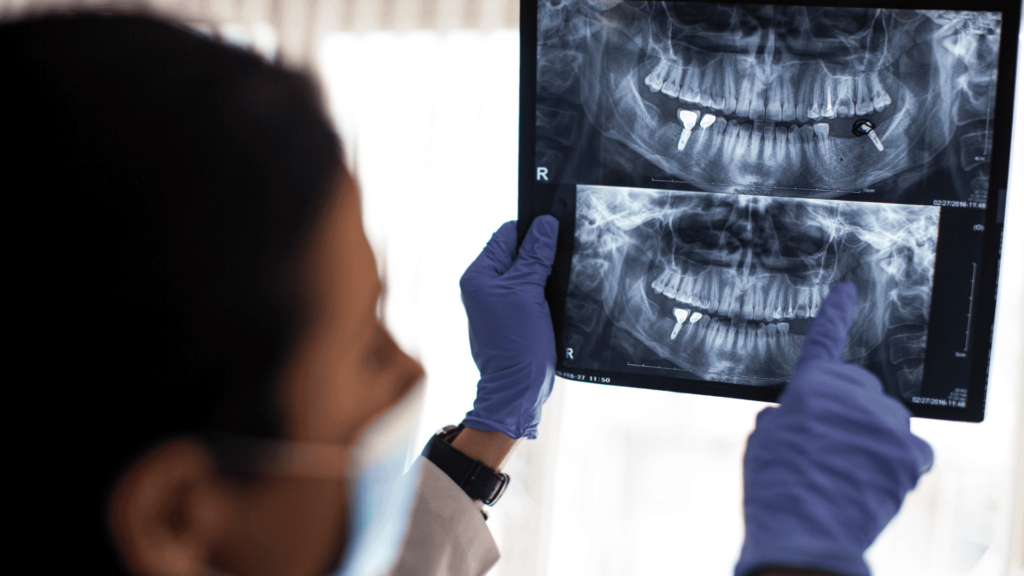Dental emergencies can happen at any time and are often unexpected. These situations require immediate care to prevent further damage or serious complications. Emergency dental care involves treating urgent issues that may arise with your teeth, gums, or mouth.
Types of Dental Emergencies
Some common types of dental emergencies include:
- Severe toothache: An intense or persistent toothache that may be accompanied by swelling of the gums.
- Broken, chipped, or cracked tooth: A damaged tooth can cause pain and sensitivity. If left untreated, it can lead to infections or further damage.
- Knocked-out tooth: This is a dental emergency that requires quick action to save the tooth. If possible, try to place the tooth back in its socket and hold it in place while seeking immediate dental care.
- Lost filling or crown: If you have lost a filling or crown, the affected tooth may be sensitive to temperature changes and pressure. Seek emergency dental care to avoid further damage.
- Abscessed tooth: This is a pocket of pus that forms at the root of a tooth due to an infection. It can cause severe pain, swelling, and fever.
- Broken braces or wires: If you have orthodontic appliances, they may break or loosen, causing discomfort or injury to your mouth. Seek emergency care to avoid further complications.
What to Do in a Dental Emergency
In any dental emergency, it is important to stay calm and take immediate action. Here are some steps you can take to handle a dental emergency:
- Severe toothache: Rinse your mouth with warm water and gently floss around the affected tooth. If pain persists, contact your dentist.
- Broken or knocked-out tooth: Place the tooth in a container of milk or saliva and try to see a dentist within 30 minutes for the best chance of saving the tooth.
- Lost filling or crown: Use temporary dental cement or sugarless gum to cover the affected tooth until you can see your dentist.
- Abscessed tooth: Rinse your mouth with warm saltwater and seek immediate dental care.
- Broken braces or wires: Use orthodontic wax to cover any sharp edges and contact your orthodontist for further instructions.
Remember, it is important to seek emergency dental care as soon as possible. Delaying treatment can lead to further damage and potentially more expensive procedures in the future.
Additionally, it is important to have a plan in place for emergencies, such as knowing the contact information for your dentist and having necessary tools like orthodontic wax on hand if you have braces. Find the contact information of a dentist in your area on DentistFinder.com to have on hand in case of an emergency.

